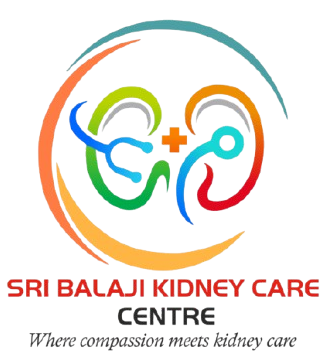Introduction to Renal Hypertension
Renal hypertension is high blood pressure caused by kidney problems. Doctors also call it kidney-related high blood pressure or secondary hypertension. This condition happens when the kidneys cannot control blood pressure well. As a result, blood pressure rises and can harm the body. Early detection is important because untreated renal hypertension can lead to serious health issues. For example, it can increase the risk of heart disease and stroke. Understanding renal hypertension helps you take steps to manage it.
Causes of Renal Hypertension
Several kidney problems can cause renal hypertension. Most often, it happens when blood flow to the kidneys is reduced. This makes the kidneys release hormones that raise blood pressure. Common renal hypertension causes include:
Additionally, some people may have a family history of kidney disease. Others may develop kidney problems due to diabetes or high cholesterol. In summary, any condition that affects kidney function can lead to renal hypertension.
Common Symptoms
Renal hypertension often does not cause clear symptoms at first. However, some people may notice signs as the condition worsens. Watch for these renal hypertension symptoms:
Additionally, some people may have no symptoms until complications develop. Therefore, regular blood pressure checks are important, especially if you have kidney problems.
Diagnosis Methods
Doctors use several tests to find out if you have renal hypertension. Early diagnosis helps prevent complications. Here are common ways on how renal hypertension is diagnosed:
For example, your doctor may order these tests if your blood pressure is high and hard to control. In summary, a mix of tests helps confirm the diagnosis.
Treatment Options
Treatment for renal hypertension aims to lower blood pressure and protect the kidneys. Your doctor will choose the best plan based on your health. Common treatment options include:
Additionally, your doctor may suggest changes in your diet and lifestyle. In some cases, surgery may be needed. If you need renal hypertension treatment in your city, ask your doctor about local options.
Lifestyle Tips for Managing Renal Hypertension
Healthy habits can help control renal hypertension. Try these tips to support your treatment:
For example, walking daily and eating more fruits and vegetables can make a difference. Additionally, talk to your doctor before making big changes to your routine.
Prevention Strategies
While not all cases can be prevented, you can lower your risk of renal hypertension. Follow these prevention strategies:
Additionally, avoid overuse of painkillers, as some can harm the kidneys. In summary, healthy choices protect both your kidneys and your heart.
In conclusion, renal hypertension is a serious but manageable condition. Early diagnosis and treatment can help you stay healthy. Consult a kidney specialist for personalized advice on renal hypertension.

